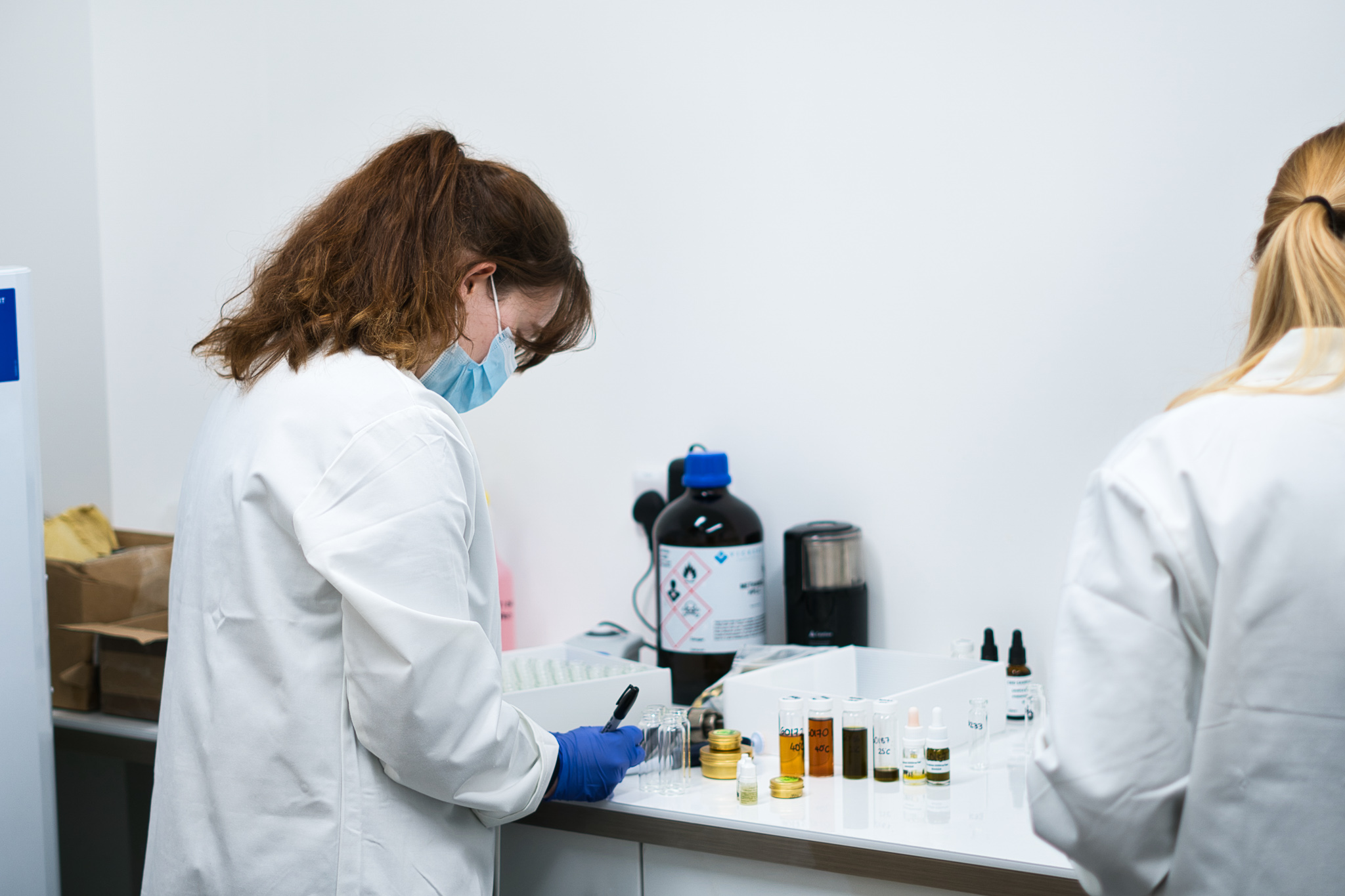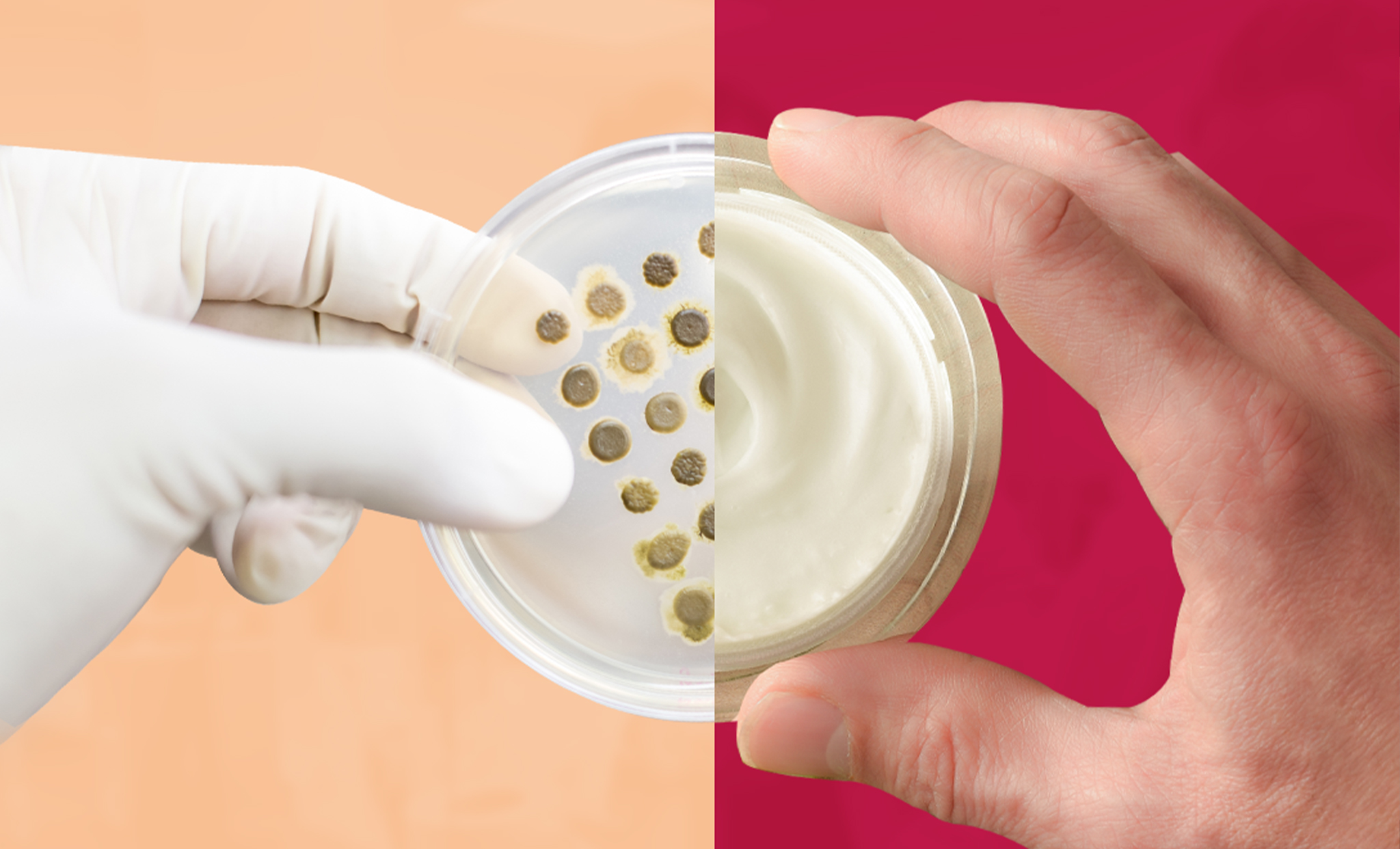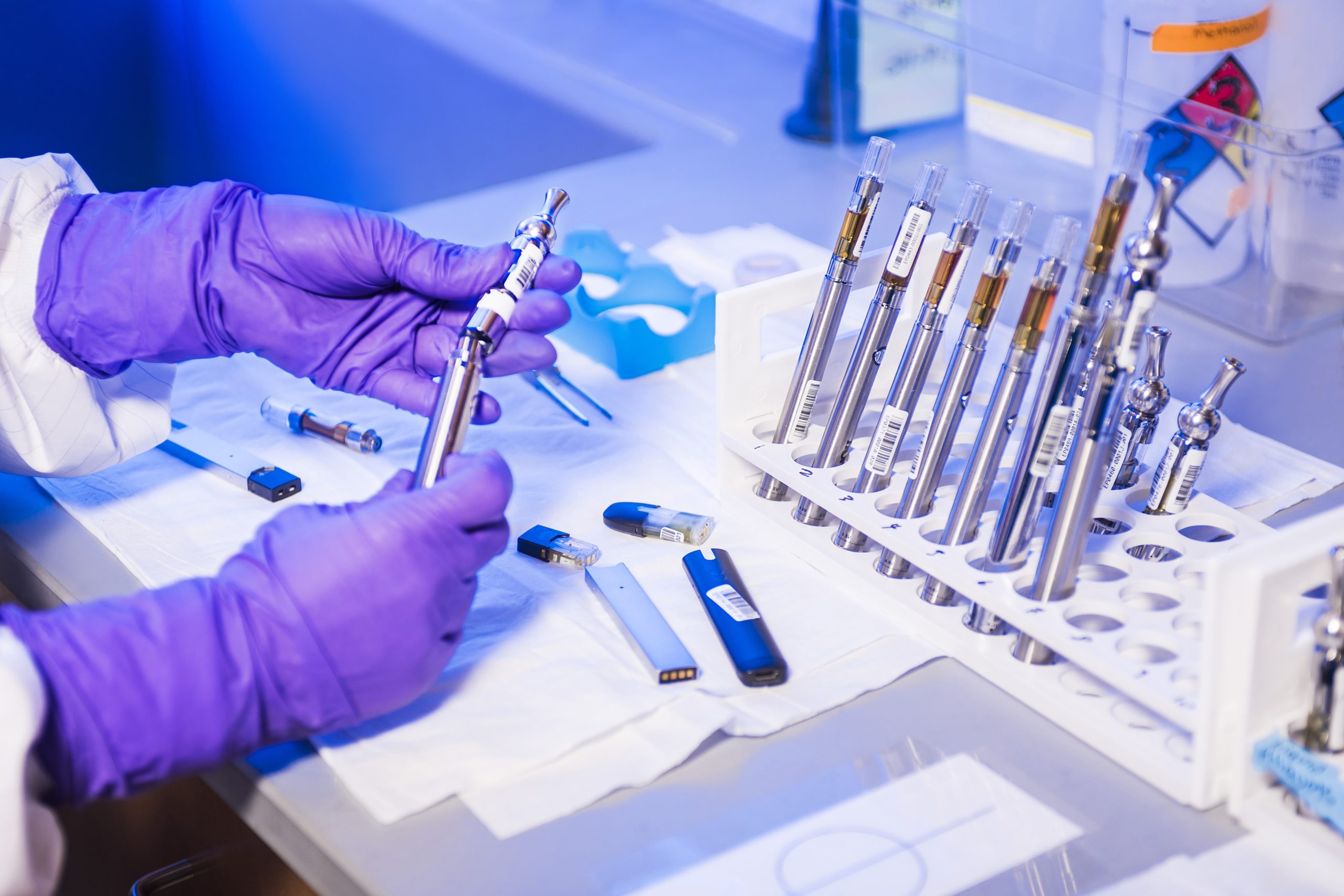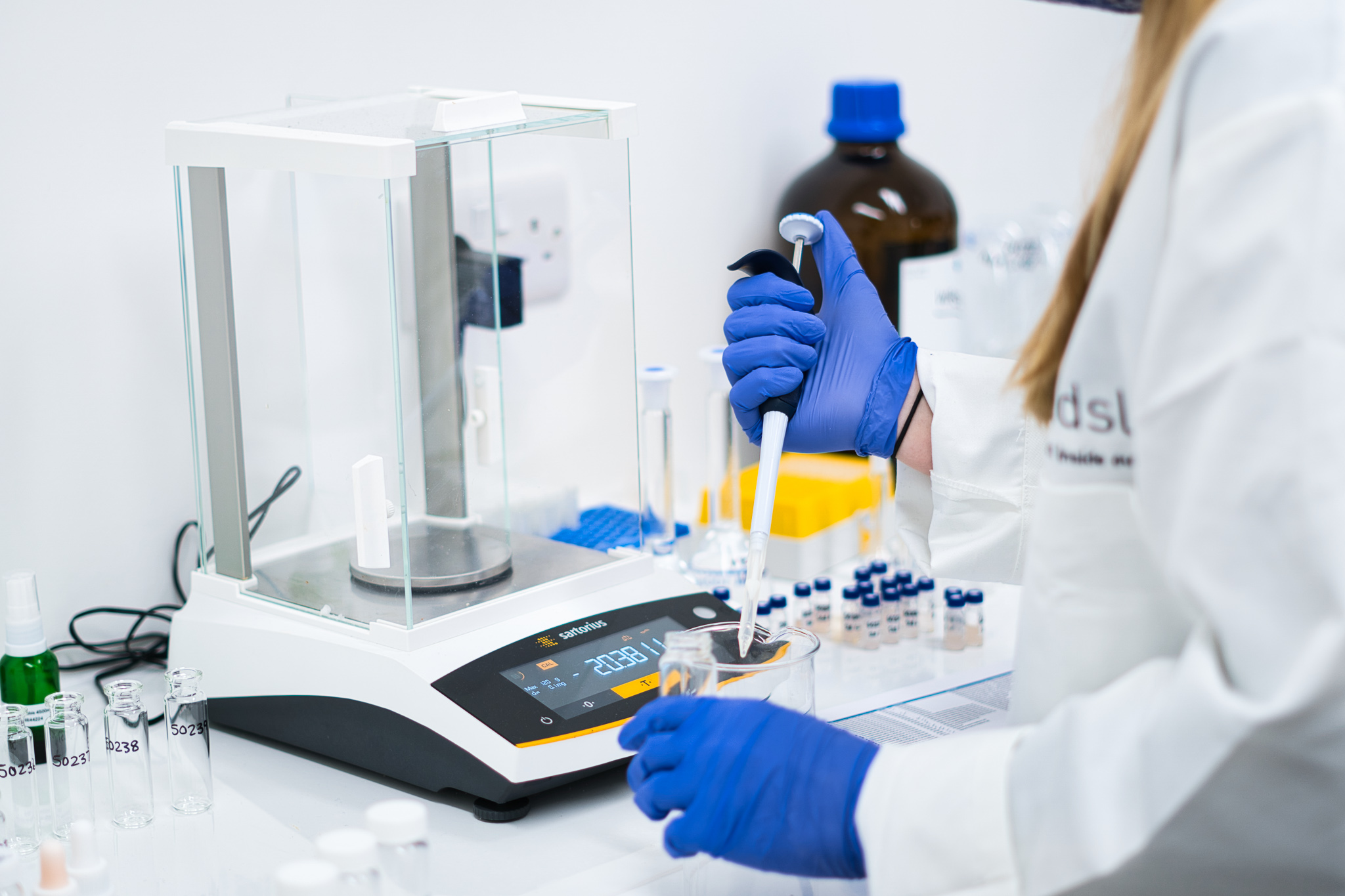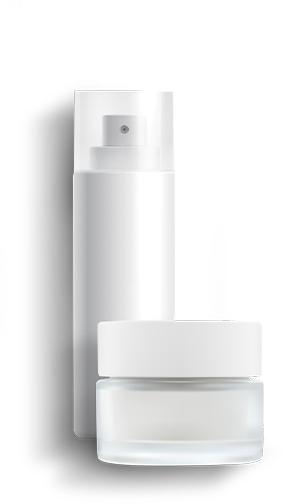Microbiology is essential for maintaining the safety, quality, and efficacy of cosmetic products. It helps identify and prevent microbial contamination, ensures the effectiveness of preservation systems, and protects consumer health by mitigating the risks associated with harmful microorganisms.
1. Microbial Contamination Detection:
Effective testing helps in identifying and detecting the presence of harmful microorganisms such as bacteria, yeast and mould in cosmetic products. Microbial contamination can occur during the manufacturing process, storage, or through consumer use. By conducting microbiological testing, potential sources of contamination can be identified, allowing manufacturers to take appropriate measures to prevent the presence of harmful microorganisms.
2. Preservation and Shelf Life:
Microbiology helps determine the effectiveness of preservatives used in cosmetics. Preservatives play a vital role in preventing microbial growth and extending the shelf life of cosmetic products. Microbiological testing helps evaluate the efficacy of preservatives, ensuring that they are capable of inhibiting the growth of harmful microorganisms over the intended shelf life of the product.
3. Product Safety and Consumer Health:
Microorganisms present in cosmetics have the potential to cause skin infections, allergic reactions, or other adverse health effects in consumers. Testing helps identify and assess the presence of pathogenic microorganisms that can pose a risk to consumer safety. By ensuring the absence of harmful microorganisms, microbiology contributes to the overall safety of cosmetic products.
4. Quality Control:
Microbiological testing is an essential aspect of quality control in the cosmetics industry. It helps verify that cosmetic products comply with regulatory standards and guidelines, ensuring that they are safe for use. By monitoring microbiological quality, cosmetic manufacturers can maintain consistency and integrity in their products, protecting their reputation and brand image.
5. Regulatory Compliance:
Microbiology plays a vital role in meeting regulatory requirements for cosmetic products. Regulatory agencies, such as the FDA, often have specific guidelines and limits for microbial contamination in cosmetics. Microbiological testing helps cosmetic manufacturers ensure compliance with these regulations, avoiding potential legal issues and product recalls.
Microbiology is essential for maintaining the safety, quality, and efficacy of cosmetic products. It helps identify and prevent microbial contamination, ensures the effectiveness of preservation systems, and protects consumer health by mitigating the risks associated with harmful microorganisms.
Take the next steps
CTA If you would like to know more about the services ADSL provides or speak to a member of our Microbiology and Laboratory department please call +44 (0) 1803 520 048 or book a free video consultation with us using the Get Started link below.
